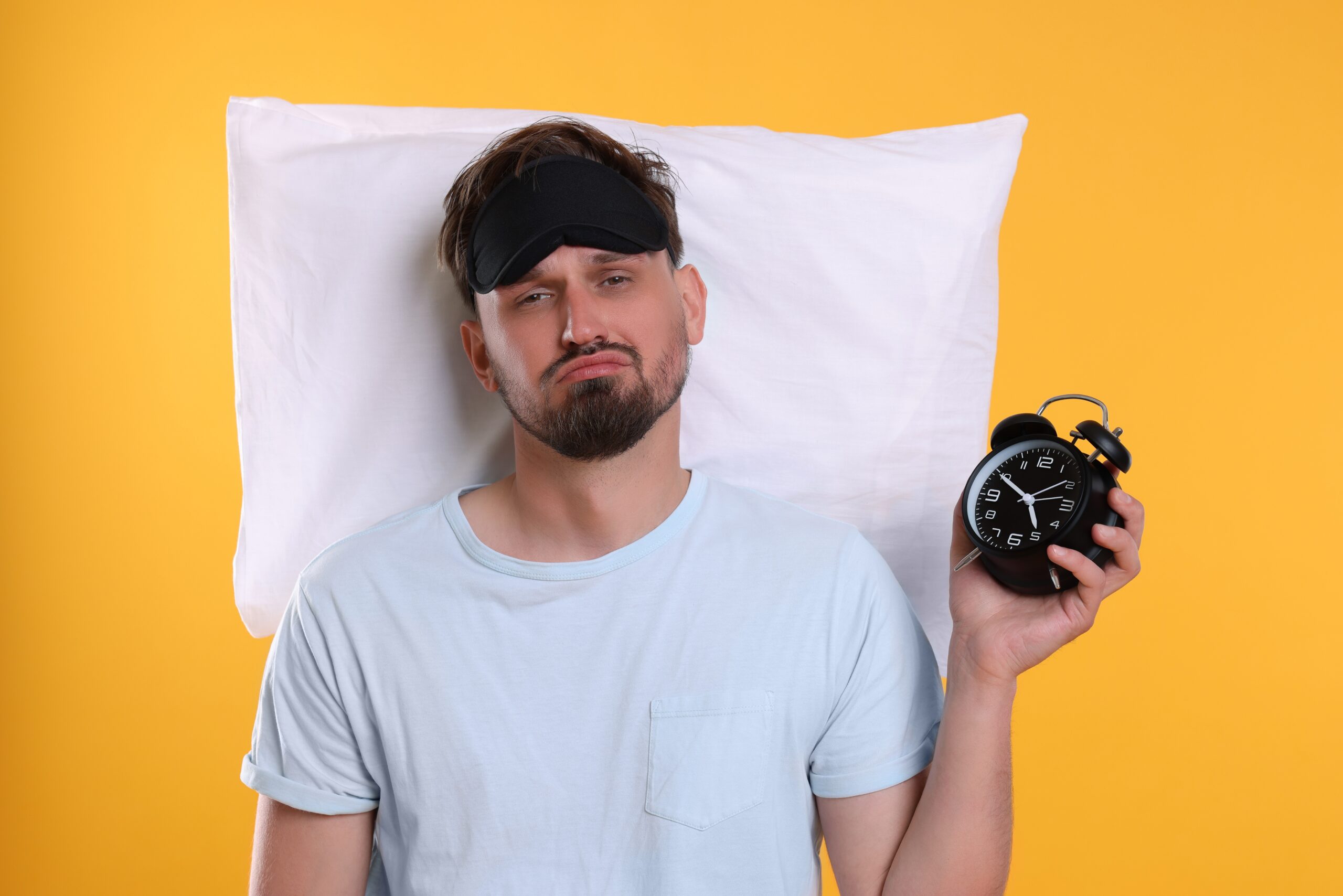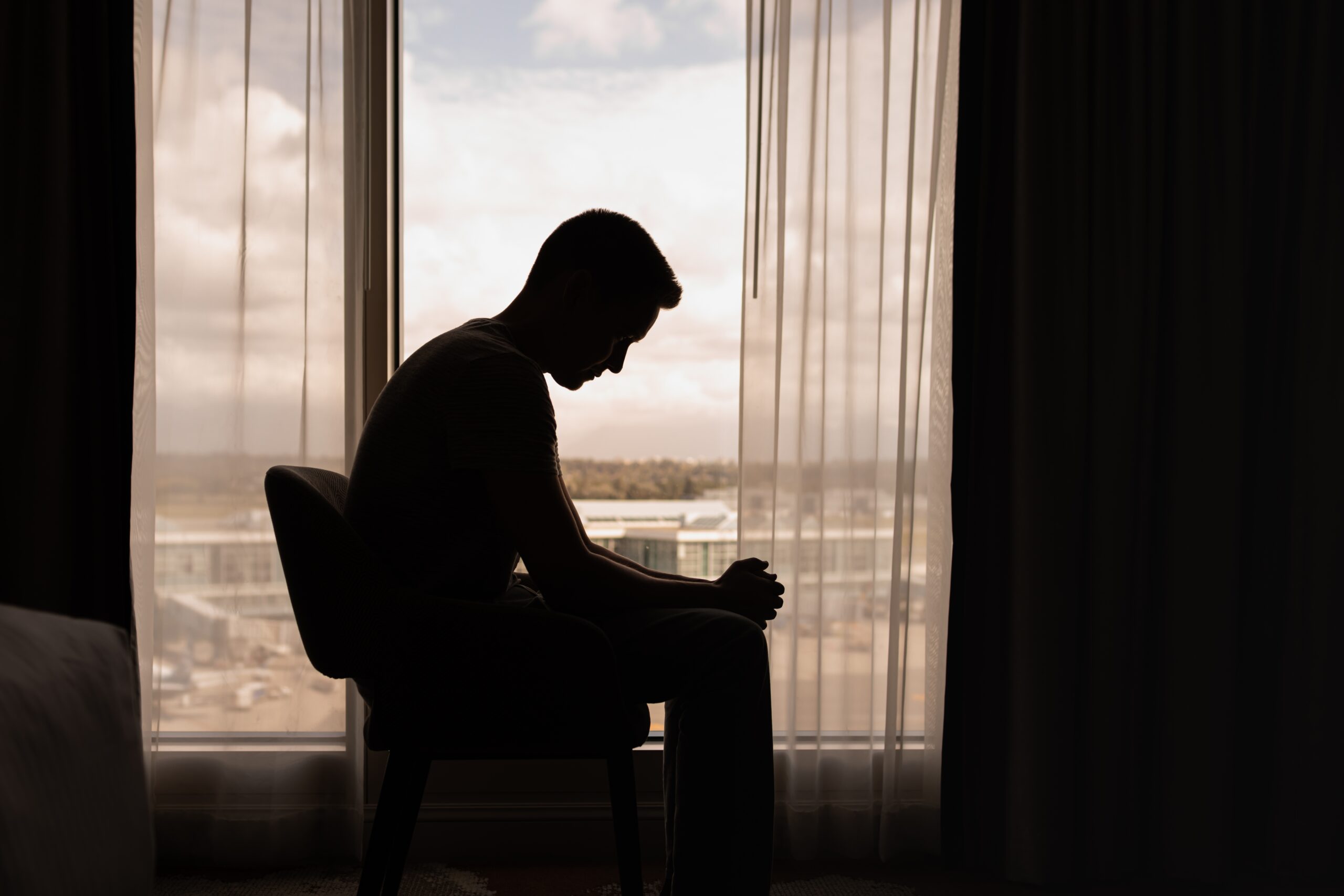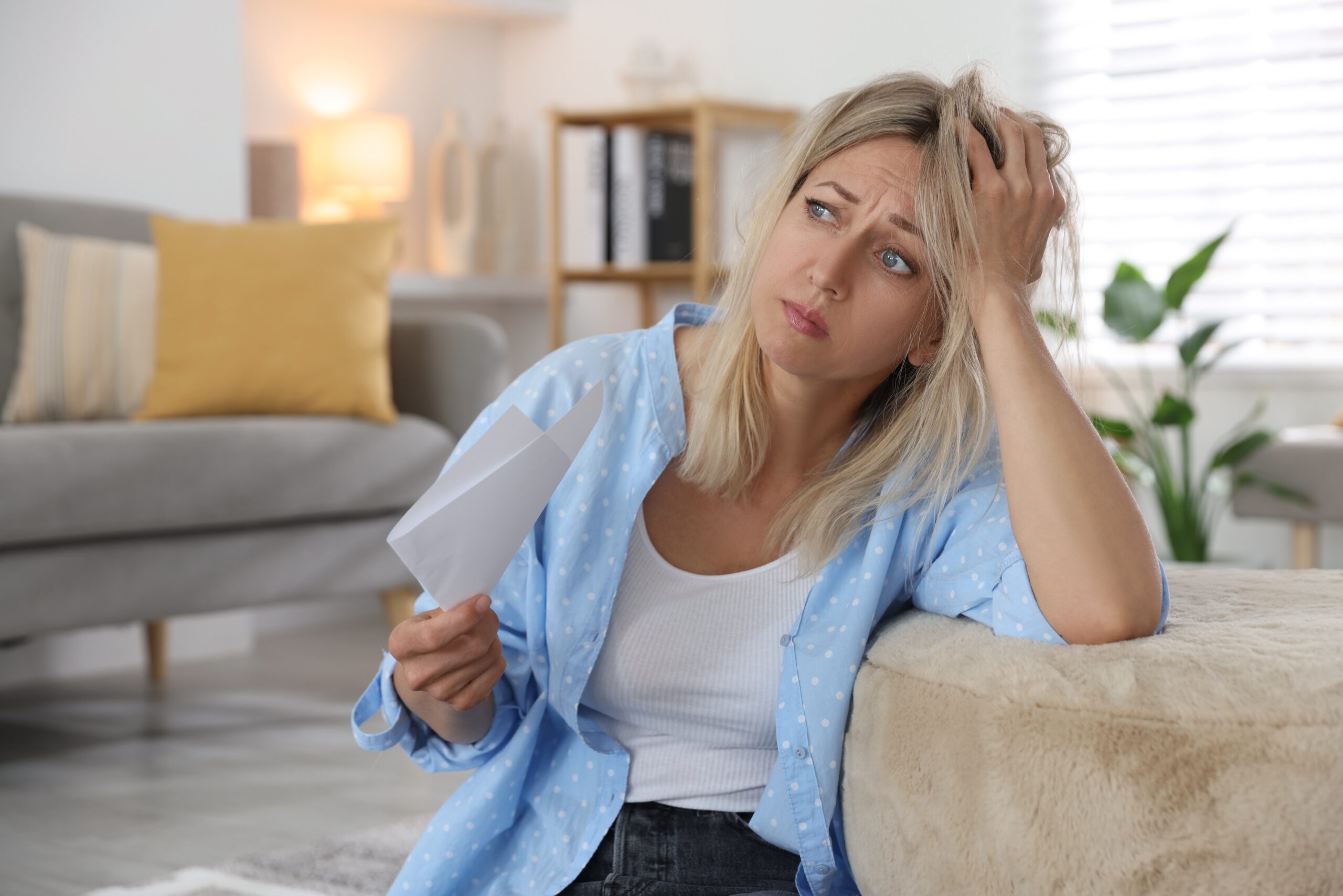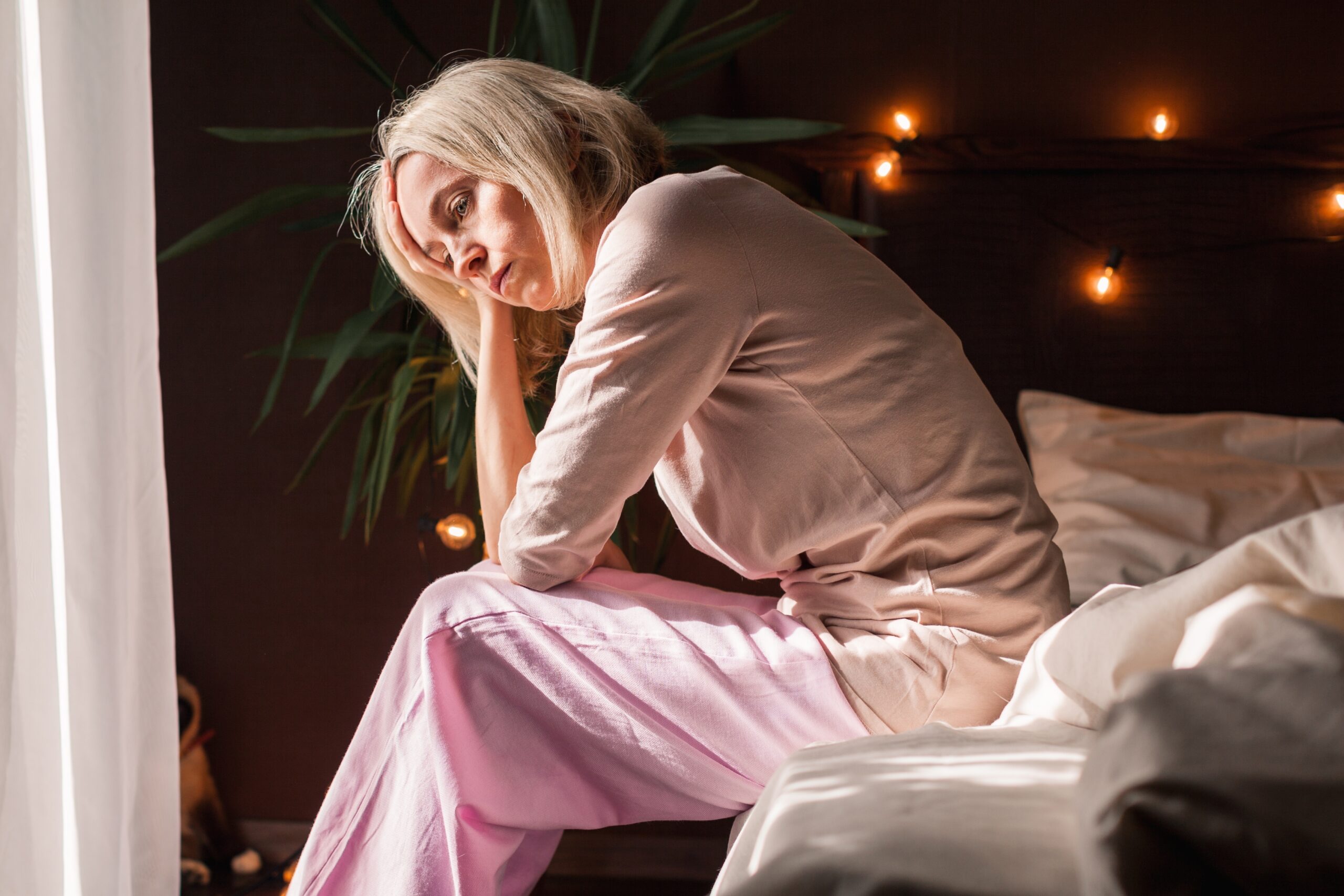If your nightly ritual involves sneaking a peek at the clock as you toss and turn, you may be unknowingly fueling a vicious cycle that’s sabotaging your sleep.
Story Snapshot
- New research spotlights clock-watching as a potent trigger that worsens insomnia.
- The habit directly correlates with increased use of prescription sleep aids.
- Behavioral tweaks—like simply hiding the clock—could break the cycle.
- This finding challenges the focus on screens and caffeine, shifting attention to overlooked bedtime routines.
Clock-Watching: The Hidden Agitator Behind Sleepless Nights
Clock-watching, once considered an innocuous quirk, has now been exposed as a critical culprit in the escalation of insomnia. A study led by Indiana University’s Spencer Dawson, Ph.D., surveyed nearly 5,000 patients at a university sleep clinic and uncovered a stark pattern: those who monitored the clock at night reported more severe insomnia and a greater dependency on prescription sleep aids. The behavior feeds anxiety, making it harder to drift off, and traps sufferers in a self-perpetuating loop of worry and wakefulness. This link is not just statistically significant—it’s behaviorally actionable. If you’ve ever lain awake calculating how many hours of sleep you’ll get if you just fall asleep now, you are not alone; but you are, according to this research, making things much worse.
Q&A: ‘Don’t toggle with the clock’ for better sleep, cognitive health https://t.co/GJ4GNJGpqX @GoHealio
— Steven D Wexner MD, PhD (@SWexner) November 2, 2025
Insomnia in the Modern Age: A Perfect Storm
Modern life conspires against sleep in ways previous generations could hardly imagine. An estimated 50–70 million Americans grapple with sleep difficulties, with insomnia leading the pack. Worries about productivity, relentless digital connectivity, and pandemic-induced stress have created a sleep environment fraught with peril. While screens and caffeine have long been blamed, the new research points to subtler, more psychological triggers. Clock-watching, a behavior born of anxiety and exacerbated by technology, has emerged as a uniquely modern foe—one that is both learned and, crucially, unlearnable.
Watch: These are the habits that could be disrupting your sleep
Breaking the Cycle: What Experts Advise Now
Spencer Dawson and fellow sleep experts are quick to highlight the practical implications: the less you know about the time during a sleepless night, the better your odds of eventually drifting off. The anxiety of “time math”—counting down until morning—triggers a stress response that’s antagonistic to sleep. This insight shifts the narrative from helpless victimhood to empowered self-care, offering hope for those who’ve tried everything except ignoring the clock. Dawson’s advice is straightforward: make it impossible to check the time at night. Behavioral interventions like this, rooted in CBT-I, take aim at the habits that unwittingly reinforce insomnia.
Expert Perspectives and Public Debate
The Indiana University study has met with approval from sleep medicine professionals, who note its alignment with established principles of behavioral sleep therapy. Public health experts echo the call for holistic approaches, emphasizing that the path to better sleep rarely runs through the pharmacy alone. Some skeptics, however, argue that the causal relationship needs further exploration—does clock-watching cause insomnia, or do insomniacs just watch clocks? Yet the size and rigor of the study have given its findings considerable weight in clinical circles.
Sources:








